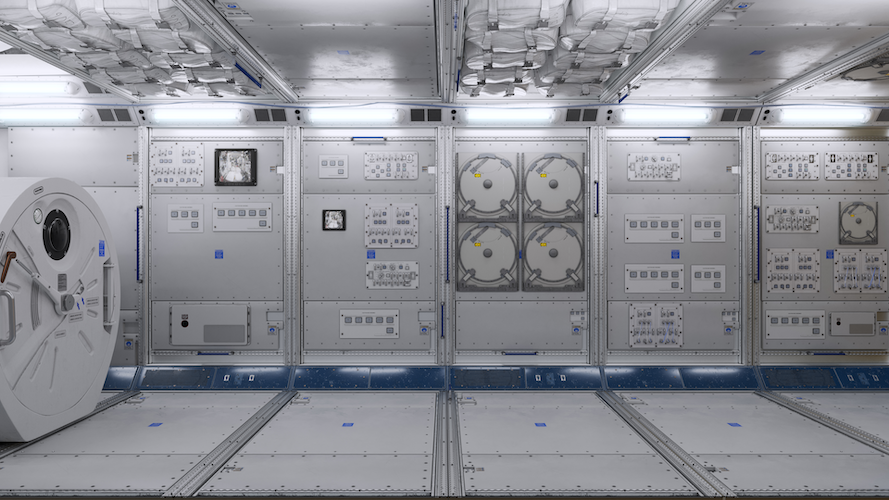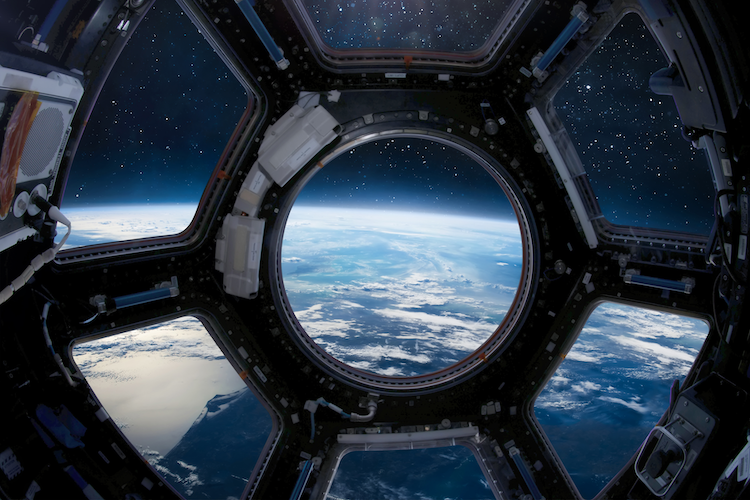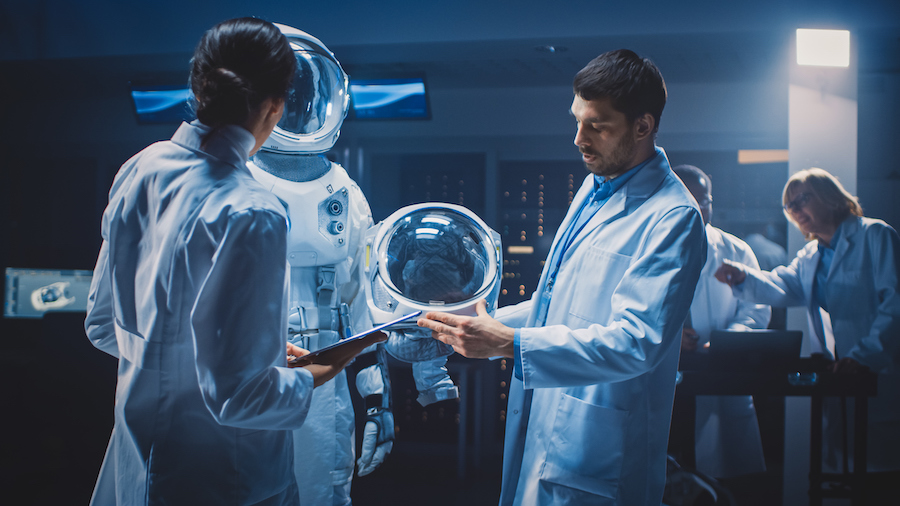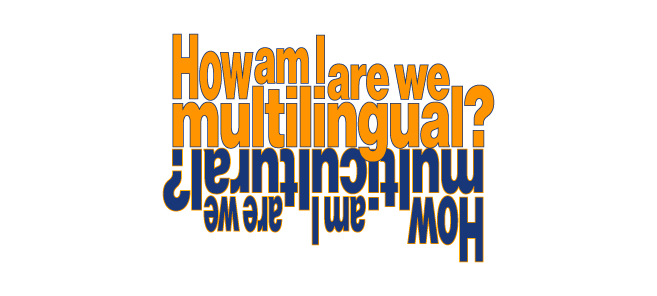Our course “Critical Outer Space Studies: Seminar and Lecture Series” takes as its cue the increasing prevalence and visibility of both public (NASA, ESA, Artemis Accords) and private (SpaceX Blue Origins, etc.) endeavors that seek to explore, exploit, settle, and own outer space and its celestial bodies. Our course will pay particular attention to how, in recent years, the exploration of outer space has been invigorated via its role as a potential remedy for the challenges of the Anthropocene (via resource extractivism, resettlement, off-world heavy industry, observation of impacts of climate change on a global scale).
Using as a point of departure the notion that outer space is a social construct and as such entangled in terrestrial discourses such as colonialism, capitalism, territoriality, militourism, (among others), this class will engage the complex field of study that is the science and exploration of outer space through a variety of disciplinary lenses—particularly, but not exclusively, from the humanities—such as environmentalism, posthuman studies, mobility studies, astroethics, critical legal studies, discard studies, and postcolonial studies.
Participating students will have the unique opportunity to engage with the work of leading scholars and scientists in all of these fields through seminar sessions and their discussion of texts, films, reports and other material. The seminars will also prepare the accompanying guest lecture series, which allow the students to directly engage with leading scholars and scientists from diverse disciplinary backgrounds to explore the ethics and cultural discourses that surround the exploration of human space.
The course curriculum includes two field trips to HHU Düsseldorf and Université Toulouse -Jean Jaurès for the first and final sessions of class, respectively, which will be fully funded for enrolled students.















